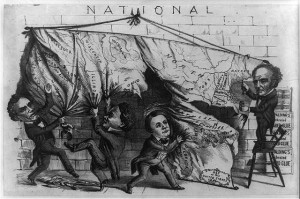When, if ever, should white people use the N-word?
Posted October 3rd, 2012 by James DeWolf PerryCategory: Living consequences Tags: N-word, Racial discrimination
Hip-hop artist Head-Roc has written a provocative essay in the Huffington Post about the use of the N-word by white people, entitled, “When the N-word Strikes in Chocolate City.”
In the essay, Head-Roc writes about being at a party and meeting a white guest who casually referred to him with the N-word. Interestingly, Head-Roc doesn’t assume this white person is bigoted, or reflects a white subculture where such language is still considered appropriate in casual conversation. Instead, he sees something very different in his fellow party-goer:
He is the progressive white guy at the parties who thinks he is so down and in tune with every aspect of the black experience in America to the point where he thinks he can comfortably say and use the word “nigger” in a black person’s presence.



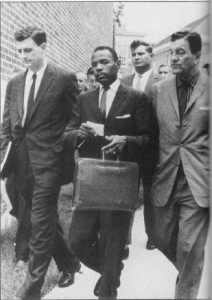

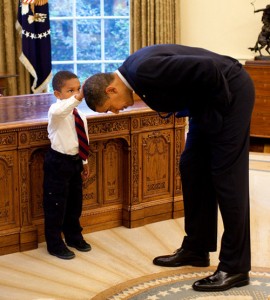
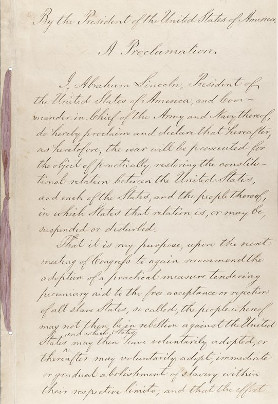 Exactly 150 years ago today, on September 22, 1862, Abraham Lincoln issued his first Emancipation Proclamation, declaring that as of January 1, 1863:
Exactly 150 years ago today, on September 22, 1862, Abraham Lincoln issued his first Emancipation Proclamation, declaring that as of January 1, 1863: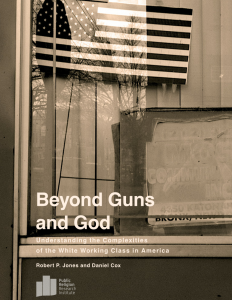 The non-partisan
The non-partisan 